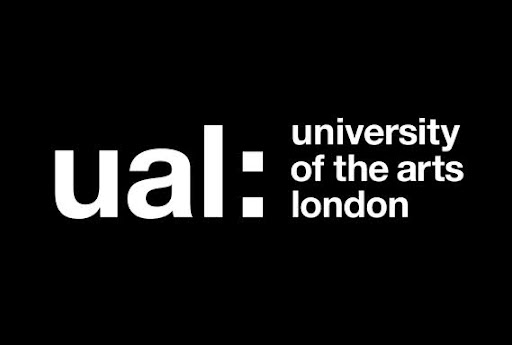While scholarships are a well-known source of funding for students in the UK, they are not the only option available. Many students benefit from financial aid and bursaries, which can significantly ease the financial burden of higher education. This comprehensive guide explores the various types of financial aid and bursaries available to both domestic and international students studying in the UK.
Understanding Financial Aid and Bursaries
Financial aid and bursaries are designed to support students who need financial assistance to pursue their studies. Unlike loans, these forms of support do not need to be repaid, making them highly attractive options.
Types of Financial Aid
1. Grants: Often provided by government bodies, educational institutions, or private organizations, grants are typically awarded based on financial need, academic merit, or specific personal circumstances. Examples include maintenance grants for living costs and research grants for postgraduate students.
2. Bursaries: These are financial awards given to students based on need or specific criteria, such as coming from a low-income background, having a disability, or belonging to an underrepresented group. Universities, charities, and foundations commonly offer bursaries.
3. Fee Waivers: Some institutions offer partial or full waivers of tuition fees for students who meet certain criteria. This can significantly reduce the overall cost of education.
4. Hardship Funds: These are emergency funds provided to students who find themselves in unexpected financial difficulty. Universities often have hardship funds to help students manage sudden financial crises.
Major Sources of Financial Aid and Bursaries
Government Sources
1. Student Loans: While not a grant or bursary, UK and EU students can apply for government loans to cover tuition fees and living costs. These loans are repayable after graduation once a certain income threshold is met.
2. Maintenance Grants: Available to students from low-income households, these grants help cover living expenses. The amount awarded depends on household income.
3. Disabled Students’ Allowances (DSAs): These are grants for students with disabilities to help cover extra costs related to their studies, such as specialist equipment or support services.
4. Research Council Funding: For postgraduate students, UK Research Councils offer grants for specific research projects and fields of study.
University Sources
1. Institutional Bursaries: Many universities have their own bursary schemes to support students from low-income backgrounds or those with exceptional needs. Examples include the University of Manchester’s Undergraduate Access Bursary and the University of Edinburgh’s Scotland Accommodation Bursary.
2. Hardship Funds: Universities like the University of Leeds and King’s College London provide hardship funds to assist students facing unexpected financial challenges.
3. Fee Waivers: Some universities offer fee waivers to students who excel academically or who demonstrate significant financial need.
Private and Charitable Organizations
1. Charitable Foundations: Organizations such as the Leverhulme Trust and the Wellcome Trust offer grants and bursaries for students in specific fields or with particular needs.
2. Professional Bodies: Many professional associations, such as the Royal Society of Chemistry or the British Academy, provide financial support to students in related disciplines.
3. Corporate Sponsorships: Some companies offer bursaries and grants to students, particularly in fields relevant to their business. These may come with opportunities for internships or employment after graduation.
Application Tips
1. Research Extensively: Identify all potential sources of financial aid and bursaries for which you may be eligible. Use university websites, government resources, and scholarship databases.
2. Meet Deadlines: Application deadlines for financial aid and bursaries can be early. Ensure you submit all required documents well before the deadline.
3. Prepare Strong Applications: Tailor your application to highlight how you meet the criteria. Provide a clear, concise, and compelling narrative of your financial need and academic aspirations.
4. Gather Necessary Documentation: Be ready with proof of income, academic records, and other required documents. Ensure these are accurate and up-to-date.
5. Seek Guidance: Utilize university financial aid offices, academic advisors, and career counselors. They can provide valuable advice and support throughout the application process.
Additional Tips for Managing Finances
1. Budget Wisely: Develop a detailed budget to manage your expenses effectively. Track your spending and adjust as necessary.
2. Explore Part-Time Work: Many students take on part-time jobs to supplement their income. Ensure that your work hours do not adversely affect your studies.
3. Utilize Student Discounts: Take advantage of discounts available to students for travel, books, food, and entertainment.
Navigating the landscape of financial aid and bursaries in the UK requires diligent research and proactive application efforts. Beyond scholarships, there are numerous grants, bursaries, fee waivers, and hardship funds available to support students in need. By understanding the options and effectively managing your finances, you can reduce the financial burden and focus on your academic and personal growth while studying in the UK.



